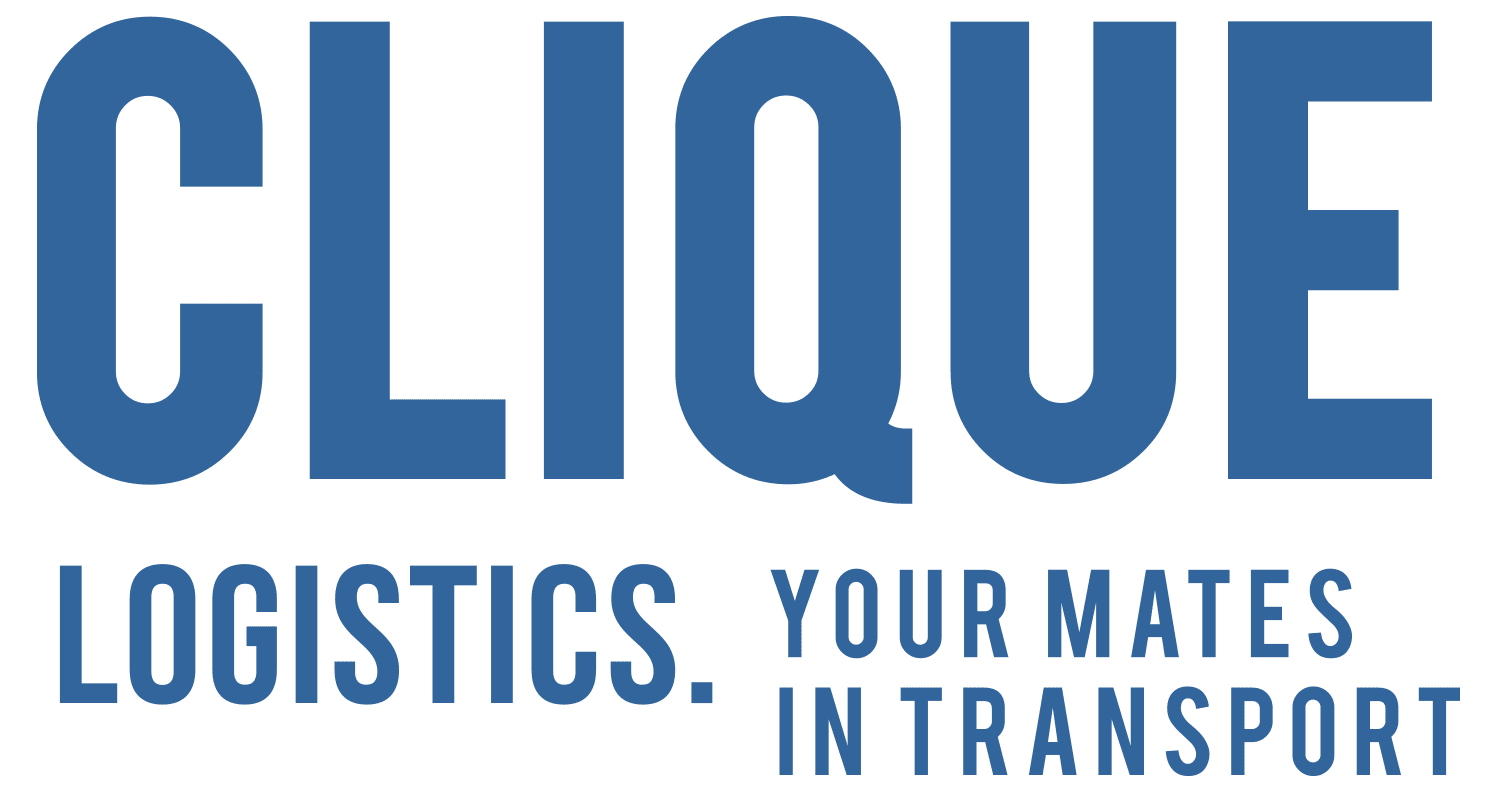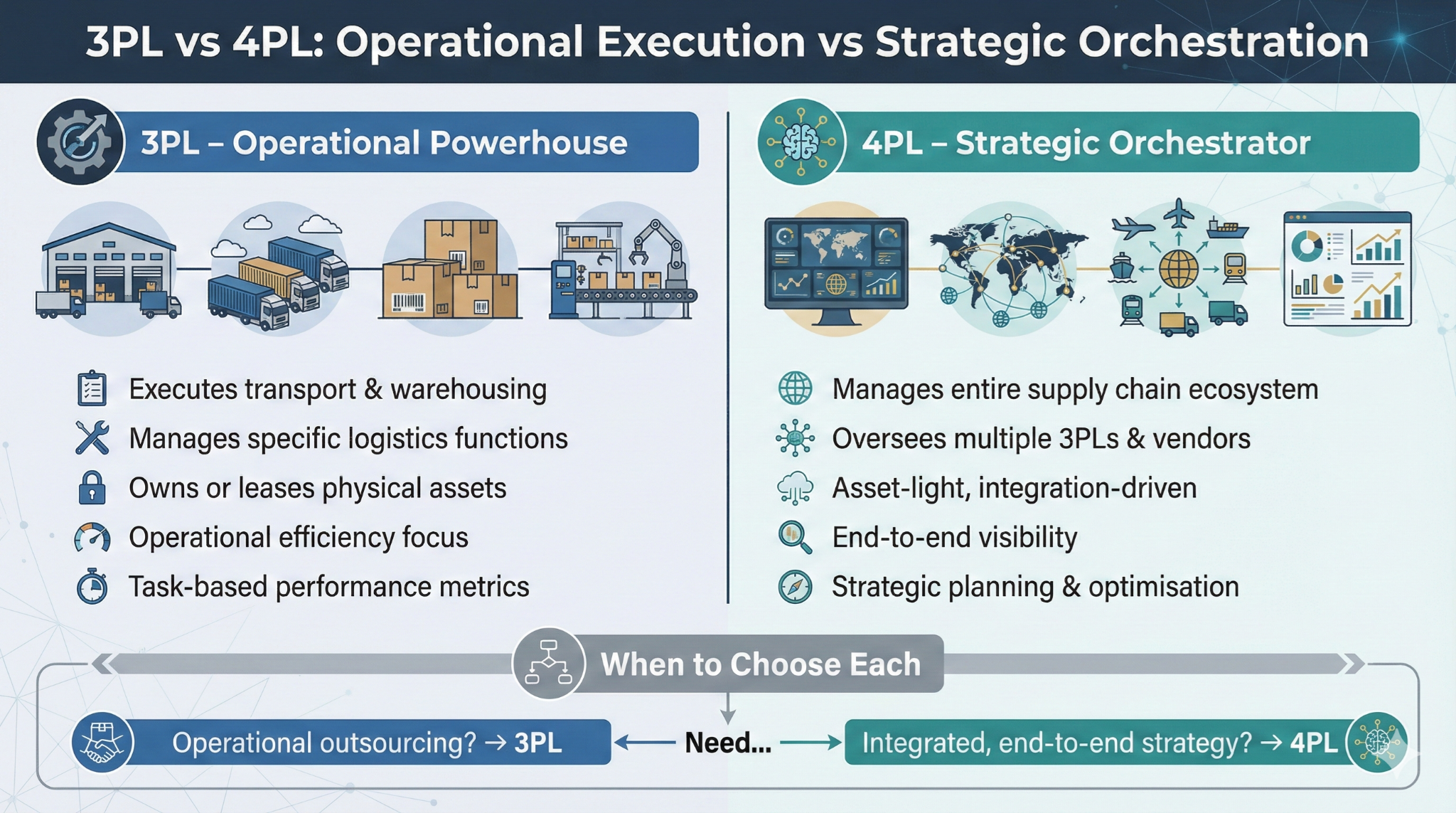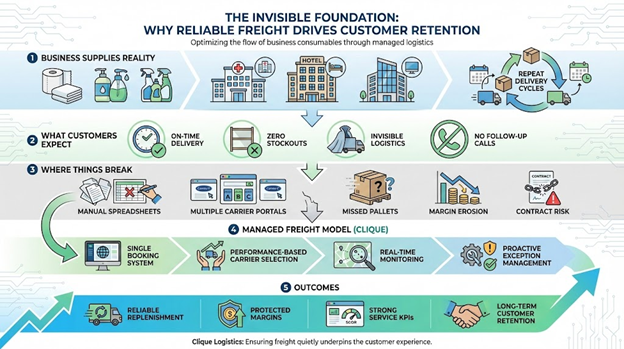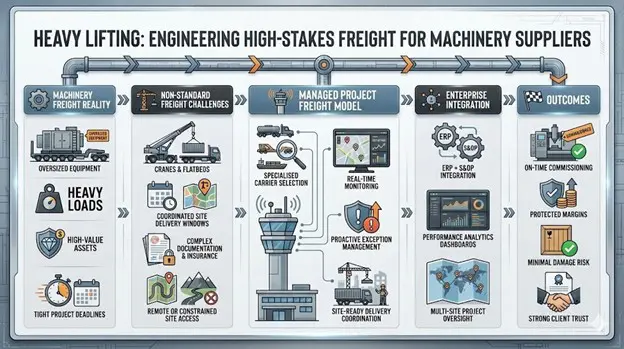You’re likely aware of the growing need for sustainable practices in logistics, but have you considered how these solutions can improve efficiency? By adopting strategies like route optimisation and fleet electrification, you not only reduce costs but also align your operations with environmental goals. As competition intensifies, understanding the innovations driving these changes becomes crucial. What specific technologies or partnerships could transform your logistics approach and set you apart in this evolving environment?
Definition of Sustainable Transportation
Sustainable transportation encompasses practices and technologies that aim to minimise the environmental impact of freight movement. This concept is fundamental for logistics, as the transportation sector contributes to approximately 24% of global CO2 emissions from fuel combustion.
To address this challenge, sustainable transportation policies are being developed to encourage practices that reduce greenhouse gas emissions and pollution.
Key goals of sustainable transportation include improving fuel efficiency, adopting alternative fuels, and optimising routes. By focusing on these aspects, you can significantly lower emissions and resource consumption, leading to a more eco-friendly logistics operation.
Incorporating innovations such as electric vehicles and hybrid technologies is vital for achieving these goals. Additionally, data-driven route optimisation helps you reduce travel distances, further decreasing your carbon footprint.
Performing an environmental impact assessment is necessary for understanding how your logistics operations affect the environment. By evaluating your current practices and implementing sustainable transportation policies, you can improve your corporate reputation.
Consumers increasingly favour companies that demonstrate a commitment to environmental responsibility, making it imperative for you to integrate sustainable practices into your logistics strategy.
Benefits of Sustainable Practices
Implementing sustainable practices in logistics offers a multitude of benefits that extend beyond environmental impact. One major advantage is the significant cost savings you can achieve. By transitioning to electric vehicles and alternative fuels, you not only reduce harmful emissions but likewise lower operational costs through improved fuel efficiency.
Efficient route optimisation and shifting from road to rail can further contribute to these savings, allowing your logistics operations to become both eco-friendly and economically viable.
Furthermore, embracing green logistics initiatives aligns with corporate social responsibility goals, which can elevate your brand reputation. As consumers become increasingly aware of environmental issues, they’ll favour companies that prioritise sustainability.
This focus on sustainable practices can nurture brand loyalty, as customers are more likely to support businesses that reflect their values.
In addition, the rising demand for green technologies in logistics indicates a growing market. By investing in sustainability now, you position your business to thrive in a future where eco-consciousness is paramount.
Key Strategies for Implementation
To fully reap the benefits of sustainable practices in logistics, adopting key strategies for implementation is vital. Start with route optimisation techniques; by analysing traffic patterns and leveraging data analytics, you can significantly reduce fuel consumption and greenhouse gas emissions. Efficient delivery planning won’t only save costs but also improve your environmental impact.
Next, consider fleet electrification. Transitioning to electric and alternative fuel vehicles can lead to a projected 20% reduction in greenhouse gas emissions by 2030. This shift not only aligns with sustainability goals but also positions your logistics operation as a forward-thinking entity.
Incorporating multimodal transportation strategies can further decrease carbon emissions. For instance, shifting freight from road to rail optimises resource use and boosts overall logistical efficiency.
Moreover, implementing smart inventory management practices, like just-in-time systems, minimises waste and resource consumption in warehouses.
Innovations in Transportation Technology
Advancements in transportation technology are reshaping the logistics environment, driving significant reductions in greenhouse gas emissions. Electric vehicles and hydrogen systems are leading the charge, with projections showing up to a 20% decrease in emissions by 2030.
By adopting these innovations, you can improve your fleet’s sustainability.
Route optimisation tools powered by data analytics, like UPS’s ORION system, help you minimise fuel consumption and travel distances. This technology has already reduced miles travelled by over 10 million annually, cutting both emissions and operational costs.
Integrating smart sensors and real-time tracking technologies allows you to monitor vehicle performance and fuel efficiency closely. This real-time data facilitates predictive maintenance, reducing breakdown risks and improving overall operational efficiency.
As you investigate alternative fuels, consider options like LNG and biomethane, which can offer up to a 25% reduction in emissions compared to traditional fossil fuels.
Eco-Friendly Transportation Modes
As the logistics industry evolves, eco-friendly transportation modes are becoming increasingly important for reducing environmental impact.
You’ll find that electric bicycles are gaining traction for their ability to handle short-distance deliveries efficiently. These bikes not only cut down on greenhouse gas emissions but also navigate urban environments with ease, making them a smart choice for sustainable logistics practices.
Solar trucks are another innovative option for transforming the logistics environment. By harnessing solar energy, these vehicles minimise reliance on fossil fuels, significantly lowering carbon emissions during transportation.
Furthermore, intermodal transportation, which combines rail and road, improves efficiency by leveraging the strengths of different modes, further reducing your overall carbon footprint.
You might likewise consider the advantages of hydrogen fuel-cell vehicles for long-distance freight. They present a zero-emission alternative, revolutionising heavy-duty transport and eliminating carbon emissions entirely.
In addition, employing biofuels derived from organic waste materials provides a greener alternative for long-haul trucking, helping to combat the environmental impact of traditional transportation methods.
Last-Mile Delivery Solutions
Last-mile delivery solutions are crucial for optimising logistics costs and improving customer satisfaction, as this segment accounts for roughly 53% of total logistics expenses.
To tackle this challenge, consider leveraging electric cargo bikes. They’re not only a zero-emission alternative but also navigate urban areas more effectively than traditional vehicles, significantly cutting carbon emissions.
Another innovative approach is crowdsourced deliveries. By allowing local individuals to participate in the delivery process, you can reduce transportation costs and improve delivery speed. This model taps into the community, providing a faster and often more flexible solution to meet customer demands.
Furthermore, implementing smart logistics technology, like route optimisation software, can decrease delivery times by up to 25%. This minimises fuel consumption and boosts overall operational efficiency, making your last-mile strategy even more sustainable.
In addition, don’t overlook the significance of sustainable packaging solutions. Not only do they reduce waste, but they also appeal to environmentally conscious consumers, nurturing brand loyalty and boosting customer satisfaction.
Collaborations for Sustainability
In the pursuit of sustainability, collaborations among logistics companies have emerged as a powerful strategy to improve environmental performance. By adopting various partnership models, you can optimise shipping routes and share best practices for emissions reduction. This collective action is critical, especially since nearly 40% of businesses struggle to identify ESG targets for supply chain sustainability.
Joint investments in sustainable technologies, like electric vehicle fleets, not only improve operational efficiency but also lower carbon footprints for everyone involved. When you pool resources with other firms, you gain access to shared knowledge and infrastructure, nurturing innovation in sustainable practices. This resource sharing can lead to enhanced overall supply chain performance.
Moreover, industry associations and collaborative projects play a vital role in driving regulatory advocacy. Together, you can promote policies that support green logistics and alternative fuels, ensuring a more sustainable future.
Measuring Sustainability Success
To effectively gauge sustainability success in logistics, you need to track key performance indicators (KPIs) like carbon emissions reduction. The transportation sector contributes about 24% of global CO2 emissions from fuel combustion, so focusing on emissions tracking is imperative.
Start by utilising sustainability tracking tools that measure and report on emissions and resource consumption, ensuring compliance with environmental regulations like ISO 14020 and 14067.
Data analytics plays a significant role in evaluating the efficiency of alternative fuels and technologies. By optimising your logistics operations, you could see substantial greenhouse gas reductions—potentially by 20% by 2030.
Another effective strategy is implementing reverse logistics systems, which improve sustainability metrics by monitoring and recovering products for reuse or recycling, minimising waste in your supply chain.
Regular audits and assessments of your green practices are fundamental. By examining waste management and energy consumption in warehouses, you’ll gain insights that help adjust your strategies and advance overall sustainability performance.
Ultimately, measuring sustainability success isn’t just about numbers; it’s about creating a more efficient, responsible logistics operation that benefits both your business and the environment.
Challenges in Adoption
Many logistics companies face significant challenges when adopting sustainable transportation solutions. One primary hurdle is the high initial costs associated with implementing technologies like electric vehicles and alternative fuels. These expenses often create barriers to investment, making companies hesitant to commit to greener options.
Furthermore, inadequate infrastructure, such as a lack of charging stations for electric vehicles, further complicates the transition to sustainable practices.
Moreover, organisational resistance plays an important role in the slow adoption of these solutions. Many stakeholders may not fully understand sustainable practices or their long-term benefits, leading to reluctance to accept change. This resistance can stall progress and prevent companies from capitalising on potential efficiencies.
Compounding these issues are regulatory challenges, where varying compliance standards across different regions can create confusion. Companies might struggle to develop a uniform strategy that meets all requirements, hindering their ability to implement sustainable transportation solutions effectively.
To overcome these challenges, logistics companies must invest in education and infrastructure while also nurturing a culture that welcomes change. Only then can they make meaningful strides toward sustainability in their transportation operations.
Future Trends in Logistics
Emerging trends in logistics are reshaping the industry toward a more sustainable future.
You’ll notice a significant shift as companies increasingly adopt electric fleets, which are projected to reduce greenhouse gas emissions by about 20% by 2030. This transition promotes cleaner supply chain operations that align with the growing demand for sustainability.
Another trend you should pay attention to is the integration of automated routing powered by IoT and AI technologies.
These innovations improve route optimisation and inventory management, leading to estimated reductions in fuel consumption and operational costs by 10-15%. This efficiency not only lowers expenses but also contributes to a greener logistics environment.
Moreover, the circular economy is gaining traction, with 75% of logistics companies planning to incorporate circular supply chain strategies by 2025.
This approach minimises waste and maximises resource use, driving sustainability forward.
Conclusion
Incorporating sustainable transportation solutions in logistics isn’t just a trend; it’s a necessity for a greener future. By embracing strategies like route optimisation and fleet electrification, you can improve efficiency while reducing your environmental impact. Stay ahead of the competition by adopting innovative technologies and collaborating with partners who share your sustainability goals. As you measure your success and navigate challenges, remember that every step toward sustainability strengthens your brand and guarantees long-term viability in the market.




